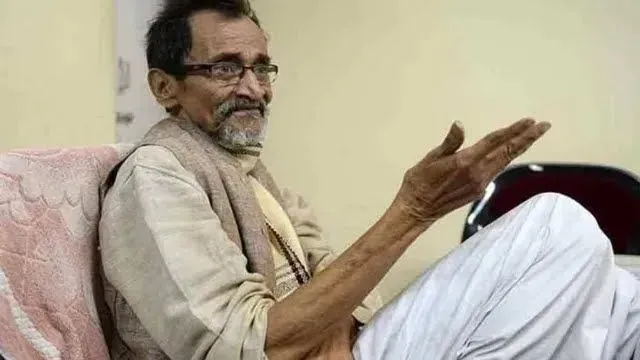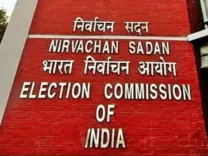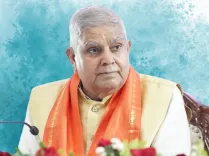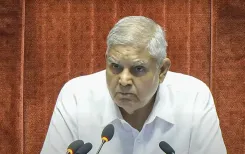What Led to the Death of Maoist Leader Azizul Haque at 83?

Synopsis
Key Takeaways
- Azizul Haque was a significant figure in India's Maoist movement.
- He spent 18 years in prison for his political activities.
- Haque authored an acclaimed book detailing his prison life.
- He controversially supported the CPI(M) government's initiatives.
- His death has prompted reflections on his complex legacy.
Kolkata, July 21 (NationPress) Maoist leader Azizul Haque passed away at a private hospital in Kolkata on Monday. He was 83 years old.
Haque was a significant figure in the radical Maoist ideology that was spearheaded by the late Charu Majumdar. In the late 1970s, his faction worked tirelessly to establish parallel governments in some rural and tribal areas of West Bengal and the then undivided Bihar.
Having spent nearly 18 years in prison due to his involvement in the radical Maoist movements that created upheaval in eastern India during the seventies, Haque was a notable figure in the region.
He authored a book about his imprisonment titled “Karagare Atharo Bochor” (18 years in Prison), which received acclaim from critics and is viewed as a vital account of the Maoist movement during that era.
In a surprising turn, he endorsed the CPI(M)-led Left Front government’s industrial initiatives at Singur in Hooghly district during 2006-2007, a move that caught the attention of many political analysts in West Bengal.
While the state was embroiled in protests led by the Trinamool Congress, supported by various Maoist factions against land acquisition by the government, Haque publicly opposed the land acquisition protests.
The Chief Minister, Mamata Banerjee, expressed her sympathies regarding Haque's death, stating, “I express my deep grief at the passing of veteran politician Azizul Haque. He was a fighter, a resolute leader. Throughout his extensive political career, he never bowed his head. I extend my heartfelt condolences to his bereaved family and associates.”





